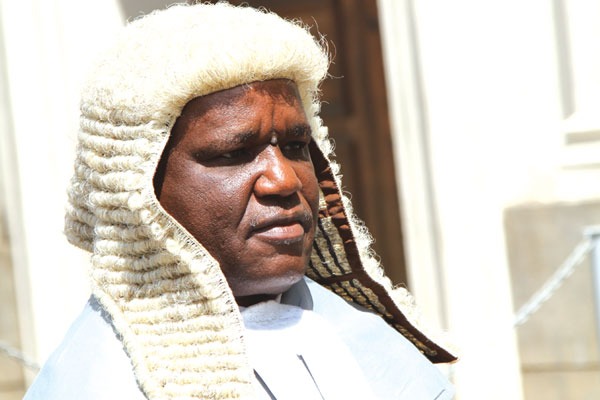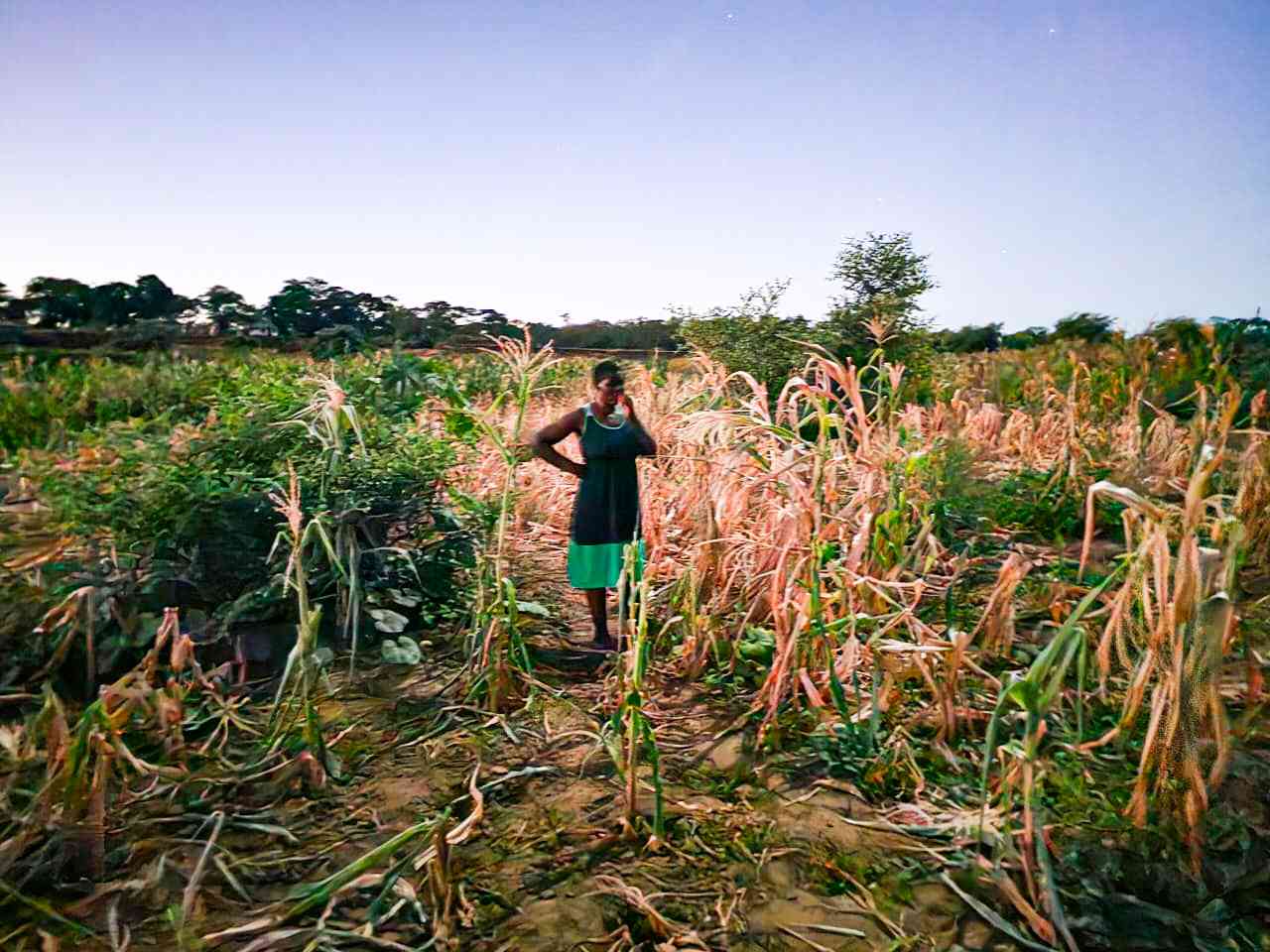
BY FARAI MATIASHE
CHILD rights activists and social workers have hailed the Constitutional Court (ConCourt) ruling which abolished corporal punishment (CP), saying the practice was a clear violation of children’s rights as enshrined in international laws such as the African Charter on the Rights and Welfare of the Child (ACRWC) and the United Nations Convention on the Rights of the Child (UNCRC).
On Wednesday, the ConCourt outlawed corporal punishment on convicted children under the age of 18 years.
In his judgment, Chief Justice Luke Malaba said corporal punishment was, by nature, intent and effect, an inhuman and degrading punishment within the meaning of Section 53 of the Constitution.
His ruling came into effect on April 3, 2019 and even applied to those juveniles already sentenced, but awaiting enforcement.
“The decision of the ConCourt outlawing corporal punishment for juvenile offenders is yet another milestone in protecting people’s rights,” said lawyer Tendai Biti, who represented Justice for Children Trust in the matter.
Biti said over the past years he had discovered that law could be used as a weapon to fight injustice.
“The law is primarily an instrument of the ruling elite to protect a certain legal order. But over many years, many judgments have shown that the law is an instrument of change; … it can be a weapon against injustice and inequality,” he said.
- Chamisa under fire over US$120K donation
- Mavhunga puts DeMbare into Chibuku quarterfinals
- Pension funds bet on Cabora Bassa oilfields
- Councils defy govt fire tender directive
Keep Reading
CP refers to flogging or caning to cause physical pain on someone who would have been convicted of a crime and in Zimbabwe it was being used in terms of Section 353 of the Criminal Procedure and Evidence Act.
Section 353 of that Act was, however, in conflict with Section 53 of the Constitution of Zimbabwe, which protects people from torture or cruel, inhuman or degrading treatment or punishment.
In a statement in Harare on Thursday, Save the Children spokesperson Sophie Hamandishe applauded the government and in particular the ConCourt for outlawing CP on juvenile offenders.
“As a child rights organisation, we view this as a progressive step towards the creation of a child-friendly justice delivery system, that takes full cognisance of the rights of children in conflict with the law in Zimbabwe. The judgment is a major milestone which points to the government’s efforts to meet its international and regional commitments, notably the UNCRC and ACRWC,” she said.
Article 37 of the UNCRC states that no child shall be subjected to torture or other cruel, inhuman or degrading treatment or punishment, while Article 16 of the ACRW required the State to ensure that a child who is detained, imprisoned or otherwise deprived of his or her liberty is not subjected to torture, inhuman or degrading treatment or punishment.
Save the Children is also calling on government to consider banning corporal punishment in the education sector.
“The abolishment of corporal punishment in judicial settings alone is not enough, because there is evidence that corporal punishment is rife in schools and homes, where it is still used as a form of discipline for children. Therefore, there is need for the speedy realignment of laws to address the issue of CP across all settings, so that children’s dignity is valued,” she said.
The organisation urged government to ensure strict enforcement of the judgment to allow children to fully enjoy their rights.
Zimbabwe National Council for the Welfare of Children programmes manager, Maxim Murungweni told NewsDay that the ruling was a positive move in promoting the rights of children.
“As the child rights coalition sector, we welcome the ruling by the Constitutional Court abolishing corporal punishment in the judicial sector. In 2016, as child rights organisations, we came together to advocate for the abolishment of corporal punishment, so we decided to take this matter to the Constitutional Court being led by Justice for Children, Zimbabwe Lawyers for Human Rights and Tendai Biti. We together gathered evidence proving the negative effects of CP on children in order to strengthen our case,” he said.
Foundations Project executive director Patience Chiyangwa said it was unfortunate that children were being subjected to physical and emotional abuse, while their rights are infringed on. The landmark decision, therefore, promoted child-friendly spaces.
According to the ConCourt, there were alternatives that include community service, suspended sentence or even postponement of sentences on juvenile offenders.
University of Zimbabwe lecturer in the department of social work, Vincent Mabvurira said corporal punishment subjected children to physical abuse and other countries had done away with it way back.
He said government should have consultative workshops to determine proper ways of dealing with child delinquency.
“The only problem we have as a nation is that we do not have an alternative for handling delinquent children. If we outlaw it, then what? It is good to outlaw it, but there should be other ways of discouraging bad behaviour in children. We might have to look into issues of negative punishment, rewarding good behaviour through tokens,” Mangwiro said.
“There is need for a multi-stakeholder consultation on how, as a nation, we ought to handle juvenile delinquency. We have professionals like psychologists, social workers, lawyers and teachers who can help in this regard. Corporal punishment is harmful to children, but as enshrined in the ACRW, which Zimbabwe is a signatory to, our children need to be responsible citizens. Their rights come with age-related responsibilities.”
According to Save the Children Sweden, as of 2018, 53 countries had outlawed corporal punishment and Sweden itself was the first country to abolish it in 1979 followed by countries such as Togo (2007), Tunisia (2010), Kenya (2010), Congo (2010), South Sudan (2011) and Montenegro (2017), among others.











